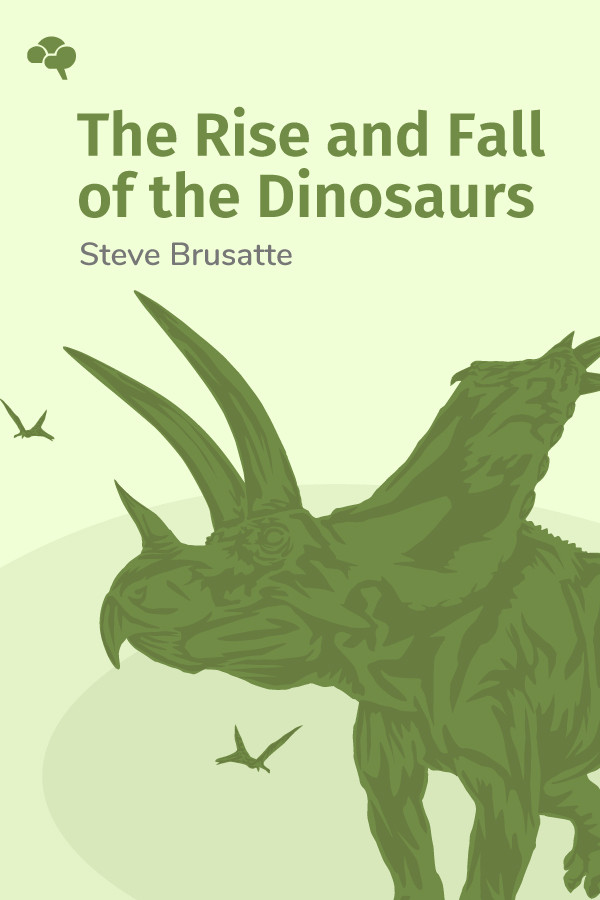Key Insights From:
The Rise and Fall of the Dinosaurs: A New History of Their Lost World
By Steve Brusatte


Key Insights From:
The Rise and Fall of the Dinosaurs: A New History of Their Lost World
By Steve Brusatte
What You'll Learn:
For most, dinosaurs are little more than useless trivia fodder leftover from elementary school days that have no bearing on modern life. They were dumb, slimy, vicious animals of gargantuan proportions that couldn’t figure out how to survive. But the cliches we’ve garnered from grade-school teachers and creature-feature monster movies are totally off-base. The study of dinosaurs is evolving rapidly as more dinosaurs are being discovered than ever before—a new species of dinosaur once a week, everywhere from South American deserts to the North American tundra to East Asian rice fields.
The surge of new discoveries is reshaping the way scientists think of these beasts, and new technologies are giving us fresh insight into what life was like then and how that world has shaped the world we live in today. The rise and fall of dinosaurs is a legacy that lives with us today—even 66 million years after they went extinct. During their 150 million-year rise to dominance, dinosaurs survived and adapted to dramatic changes, a process that produced a complex cast of zoological characters—including 10,000 species of birds that we have today. These are all modern-day dinosaurs, and it turns out that their primeval forbears had feathers, too—including the infamous Tyrannosaurus rex. These are just some of the many discoveries that the paladin of paleontology Steve Brusatte draws to our attention in his critically acclaimed book, The Rise and Fall of Dinosaurs.
Key Insights:
- Dinosaurs emerged from the ashes of the planet’s most cataclysmic period of mass death.
- If you were to place bets on which animal group would rule the world, dinosaurs would have been a horrible bet.
- Dinosaurs would never have made it to the top without some fortuitous continental drift.
- No land predator has ever rivaled the Tyrannosaurus rex.
- The asteroid that destroyed almost all dinosaurs was traveling 100 times faster than a jet and hit a billion times harder than an atom bomb.
- Dinosaurs are not extinct.




